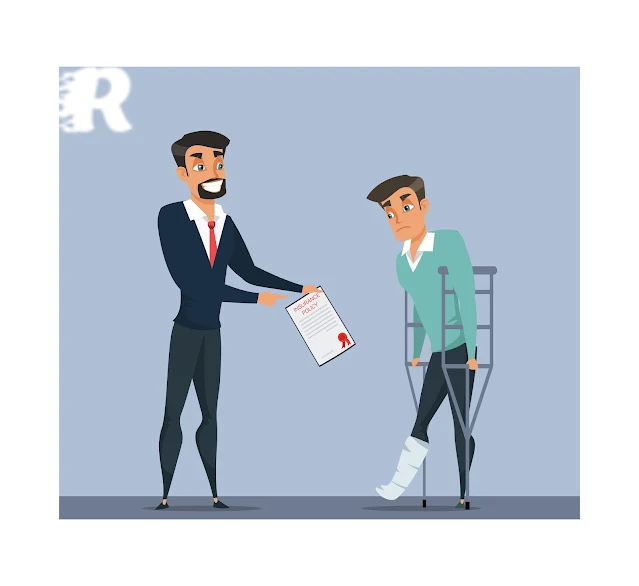Understanding Personal Injury in Legal Terms
Personal injury, both physical and psychological, resulting from the fault of another party, is a complex legal matter. This includes injuries caused by drivers, individuals, or the owners/managers of public spaces. To navigate the broad spectrum of personal injuries, they are categorized into smaller legal segments:
- Work-Related Injuries and Commuting
- Motor Vehicle Accidents
- Crime/Assault-Related Injuries
- Injuries in Public Spaces (e.g., shopping centres)
Injuries from Product Defects
Given the diverse nature of personal injuries and the varying requirements across Australian states and territories, consulting with a specialized lawyer is strongly recommended before pursuing a claim.
Legal Framework: The Civil Liability Act of 2003
This Act, established in 2003, imposes upper limits on compensation. It considers various aspects of a claim, including non-monetary and punitive damages such as psychological trauma or loss of quality of life. Understanding the time limits for filing claims is crucial and varies case by case, depending on factors like medical urgency.
Who Can Claim?
Any person injured in Australia due to another party's negligence can claim compensation. This encompasses injuries in motor vehicle accidents involving a WA-licensed vehicle or if you are a dependent of the injured individual. Claims can cover various personal injuries, provided it's proven that the cause was directly due to another's negligence or action. For instance, in cases of criminal assaults, claims are directed against specific parties or persons.
What Can You Claim For?
- Past and future medical expenses
- Past and future loss of earnings
- Funeral costs
- Non-monetary damages
- Material damages
Initiating the Claims Process
The claims process is not immediate, typically taking 6 to 12 months for compensation. Consulting a specialist personal injury lawyer is the recommended first step to verify the validity of your claim. Most law firms offer a free initial consultation, during which your case will be assessed, and you'll receive advice on how to proceed.
You may not necessarily need a lawyer to lodge a claim. For instance, in motor vehicle accidents, you can process your case directly through the Compulsory Third Party (CTP) Division.
Proving a Claim
Proving a claim against a negligent party is intricate and may require the guidance of a specialized solicitor. Many firms offer a free first consultation to assess the merits of your claim. Note that in cases of motor vehicle accidents and work-related injuries, negligence does not always need to be proven.
Records and Documents You May Need to Provide:
- Medical reports from an accepted physician
- Financial records of medical treatment
- Estimates of future medical treatment costs
- Financial records indicating loss of earnings
- Psychological reports in cases of trauma or post-traumatic stress disorder
- Police reports
- Insurance-accredited assessments of material damages
Factors That Can Reduce the Value of Your Claim
Even if the accident was not your fault, failure to take appropriate responsibility may affect the value of your claim. The economic situation of the responsible party also plays a role, especially if they lack insurance.
Who Will You Claim From?
Depending on the nature of your injuries, you may claim from your insurance, the party responsible, or both. If your claim is processed via insurance, they will require similar documents needed by a lawyer. If the other party doesn't have insurance, legal action may be necessary, and compensation will come directly from their resources.
Frequently Asked Questions
Q1: How long does the claims process take?
- A1: The claims process can take from 6 to 12 months before compensation is awarded.
Q2: Do I need a lawyer to file a claim?
- A2: While not mandatory, consulting a specialist personal injury lawyer is advisable for a successful claim.
Q3: Can I claim for past and future medical expenses?
- A3: Yes, you can claim for both past and future medical expenses, among other damages.

Post a Comment